'Research & Advocacy' intern: Jurrian
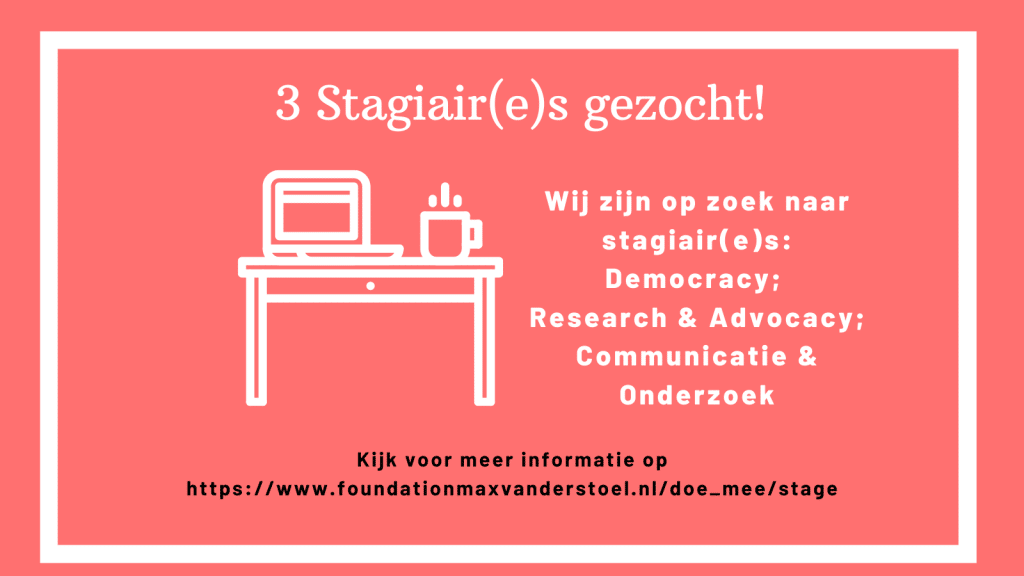
My name is Jurrian Veldhuizen, I am 24 years old and a graduating master's student in International Development Studies at Wageningen University. During my master's I developed a broad and critical view on development cooperation, in which I believe that the role of the Netherlands in developing countries is often underexposed and has negative effects. When looking for an internship that suits me, I was inspired by the message of Foundation Max van der Stoel (FMS): the Netherlands should no longer take with one hand what it gives with the other.
Shell is no longer a small child

Now two months ago, Lammert van Raan of the Party for the Animals asked 25 highly critical parliamentary questions to Finance Minister Hoekstra and Economic Affairs and Climate Minister Wiebes about the questionable climate plans of oil and gas companies. Minister Wiebes took a long time to answer. When it finally came, the minister turned out to be an excellent spokesperson for Shell and a champion at dodging questions and thus responsibilities.
Climate justice: Hydropower and energy in Zimbabwe
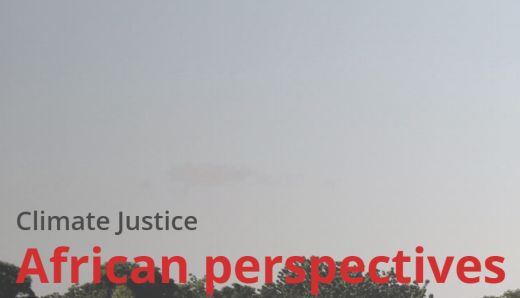
Hydropower is Zimbabwe's main source of energy. In a country where only 40-45% of the population has access to energy, this source is now also threatened by climate change. Thus, power cuts are becoming more frequent. This has major implications for the people of Zimbabwe and the country's economy.
Publish SDG test research: an important tool underused

In early 2019, the SDG test was introduced to test the impact of new legislative proposals on developing countries and gender equality. Building Change, a partnership between Partos, Foundation Max van der Stoel and Woord en Daad, worked to introduce this test.
Netherlands supports fossil exports with destructive consequences
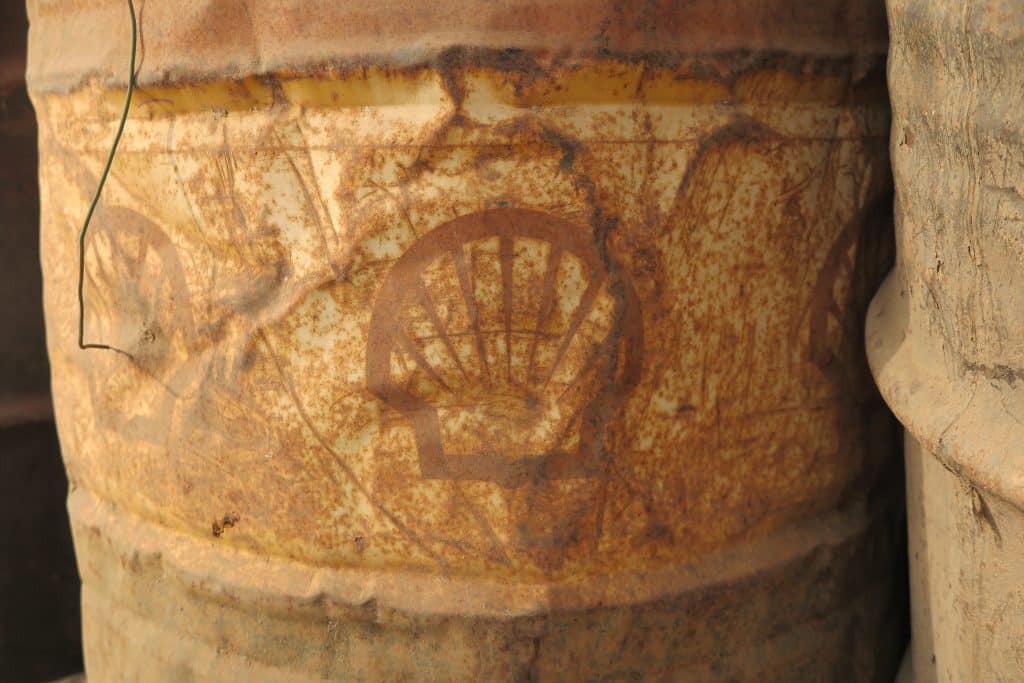
Recently, the Monitor Export Credit Insurance 2019 was released, reporting on financial and policy developments in the field of Dutch export credit insurance. It was accompanied by a letter from State Secretary Vijbrief. In this letter, State Secretary Vijbrief mentioned the contribution to the SDGs and referred no less than 30 times to the 'greening' and green transactions of the usually mainly 'grey' insurances. Beautiful and positive developments, but behind these words lies a great deal of ambiguity and, above all, a lot of contradiction.
Climate justice, for whom?
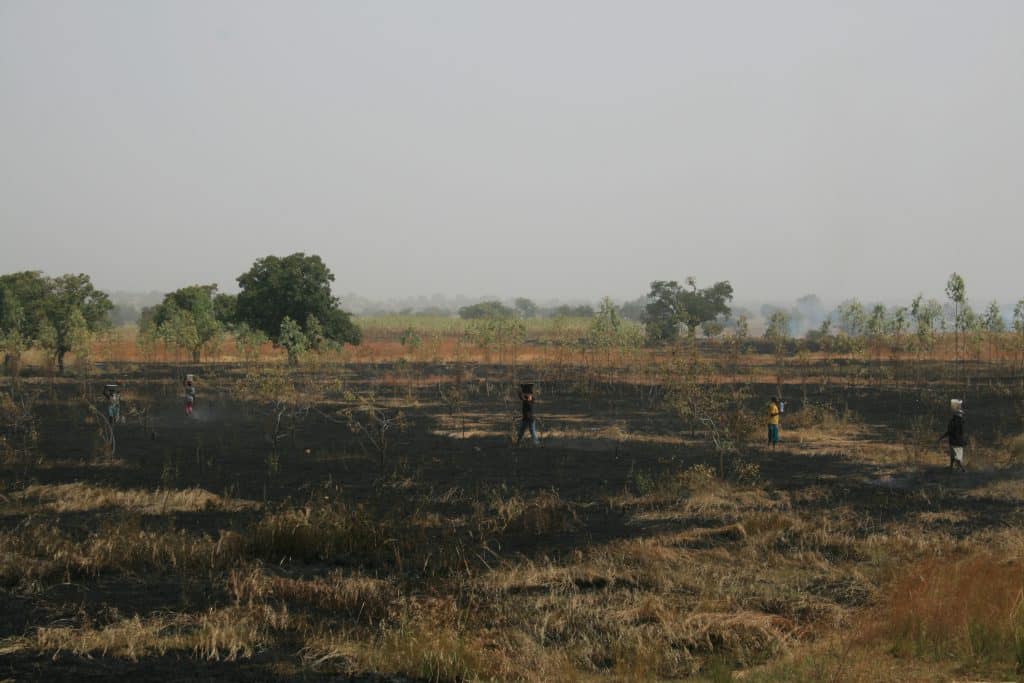
CO2 emissions of the richest one per cent of the world's population are more than double those of the poorest half. That is what Oxfam Novib and the Stockholm Environmental Institute concluded in a new study. Thus, climate change remains a hugely unfairly distributed problem. During the General Political Observations, SP party chair Lilian Marijnissen addressed 'climate justice', a term that has hardly been used in the Lower House yet. What is the Netherlands doing to realise climate justice, and more importantly, how can it be that we forget the most vulnerable?
A wall of debt

Since 2009, the EU has been supporting developing countries in their fight against climate change through climate finance. Eleven years later, ACT Alliance EU takes stock in a critical report. Based on seven different themes, the report shows that the EU is still sorely lacking in climate support to developing countries. In this article, I want to focus on one of these themes, an issue that has been around for years and is now once again on the mind: the mounting debt burden of developing countries.
Disastrous tax policy
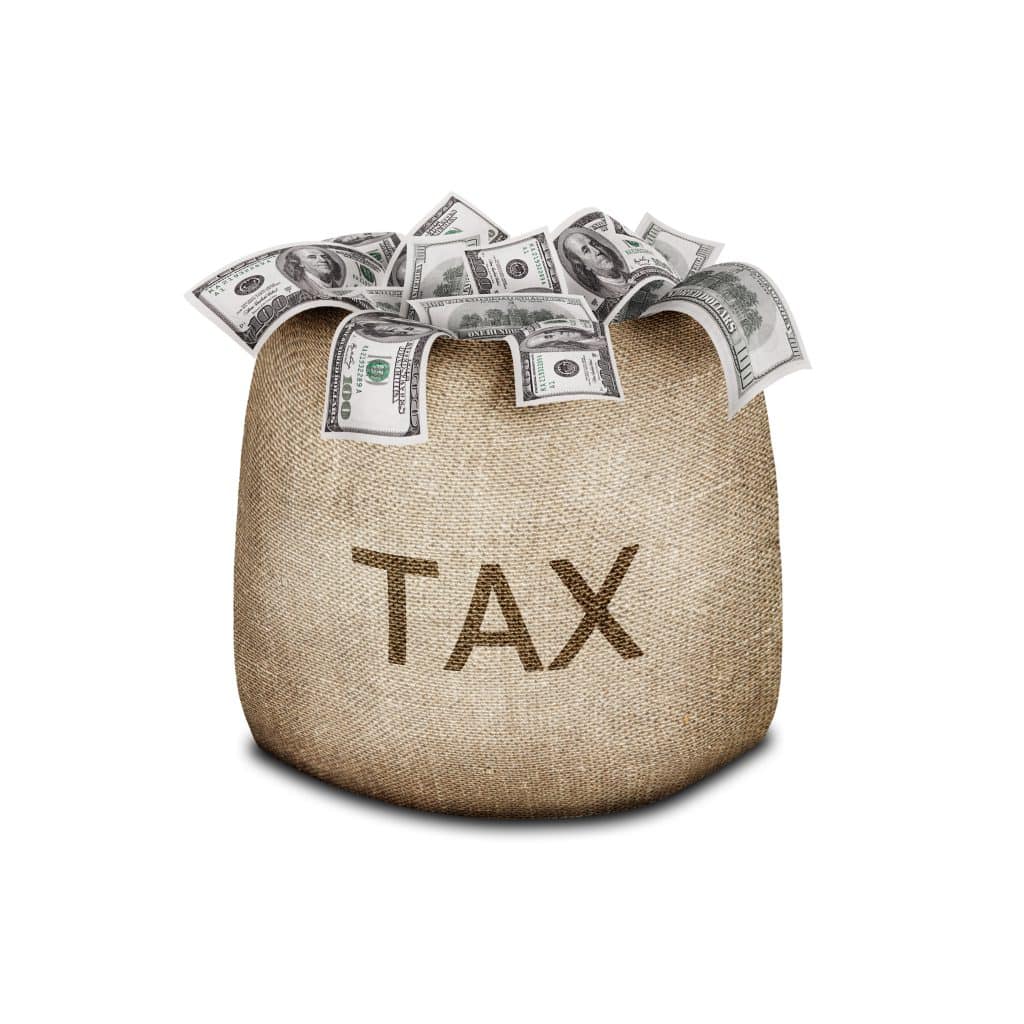
Developing countries miss out on €1.8 billion a year because of Dutch tax policy. That is the conclusion of ActionAid's just-released research report. Seven years ago, the tally stood at 460 million euros a year. How is it possible that the Netherlands remains a tax haven and, more importantly, what are the consequences for the already shaky Dutch development policy?
Step towards a fair tax policy
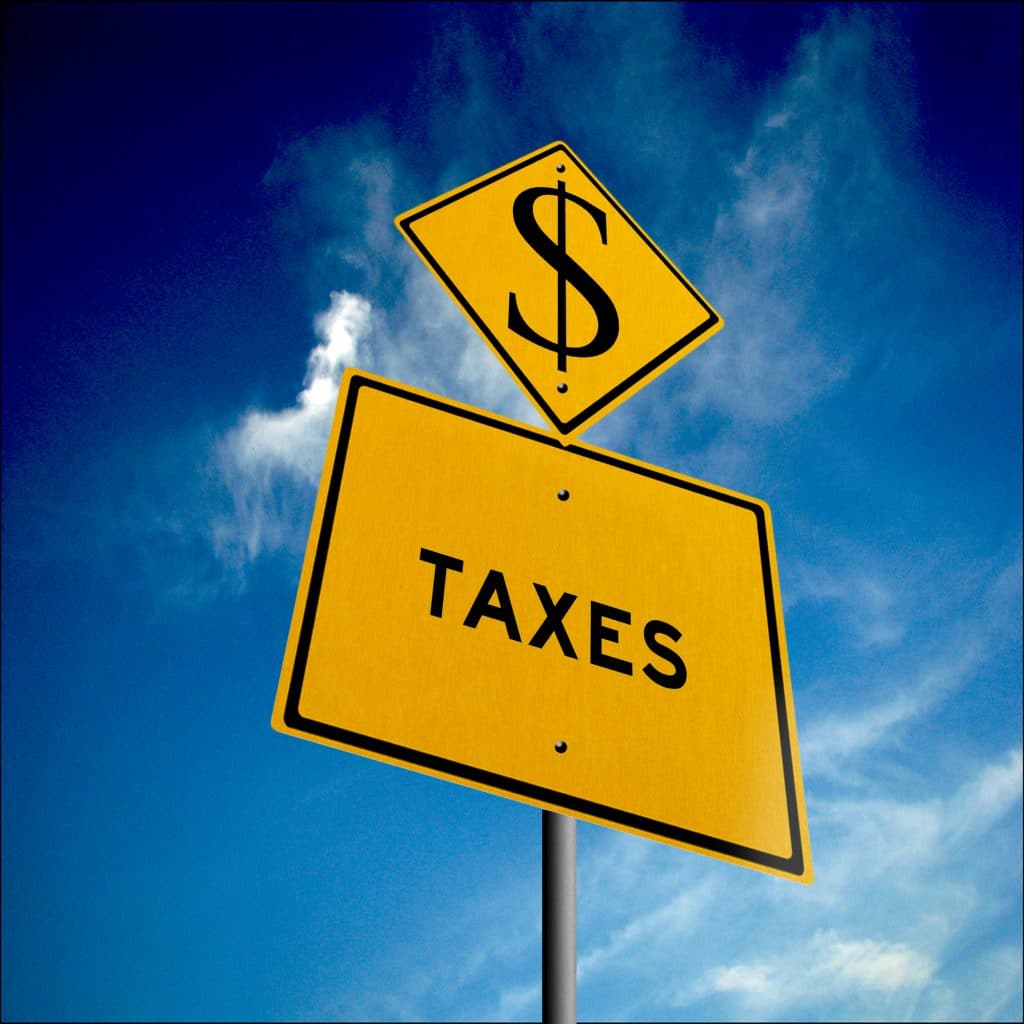
Since the financial crisis, countries have been cooperating more and more effectively to combat tax evasion. Meanwhile, this cooperation between countries extends beyond the OECD countries. 130 countries are now working together, within the Inclusive Framework, to combat tax evasion. Recently (29 May 2020), State Secretary of Finance Vijlbrief sent the new Fiscal Treaty Policy Memorandum 2020 (NFV) to the Lower House. The NFV sets out the Dutch negotiating position on bilateral tax treaties. It is positive that more attention is being paid to the position of developing countries in such treaties, but a critical eye is still required.
Migration policy from a labour perspective

With elections less than nine months away, most political parties are busy writing their election manifestos. So too is the Labour Party. From the Foreign Affairs Committee, the memorandum "A PvdA migration policy from our labour perspective" was written and submitted. Because migration is of all times and therefore a fair migration policy based on facts and an approach per migrant category that does justice to each group is needed. What do you think the next cabinet's migration policy should look like?

